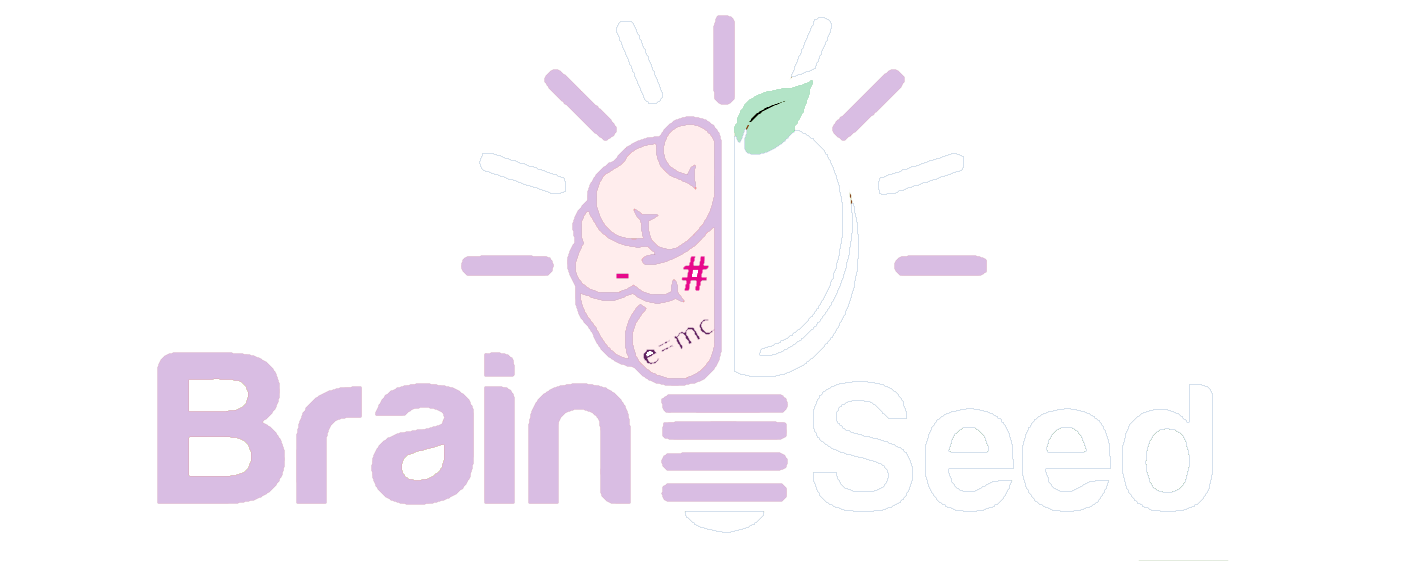What are the benefits of drama for developing problem-solving skills?
Introduction Drama is not just about entertainment and performance; it offers a plethora of opportunities for individuals to develop various skills, including problem-solving. Drama is an excellent tool for developing problem-solving skills as it encourages critical and creative thinking, collaboration, and adaptability. In this article, we will explore the benefits of drama in developing problem-solving skills.
Encourages Decisive Reasoning Drama often requires individuals to quickly analyze complex situations and make decisions. This process promotes decisive reasoning, as individuals must evaluate multiple factors and consider the consequences of their actions. For instance, in improvisation exercises, actors must respond to unexpected situations and adjust their performance on the spot. Therefore, they develop the ability to think and respond quickly and problem-solve in real-time.
Encourages Imagination Drama provides individuals with the opportunity to explore their creativity and develop innovative ideas. This process encourages individuals to think outside the box and consider alternative perspectives. For example, in scriptwriting exercises, individuals must develop unique characters and storylines that capture the audience’s attention. As a result, they develop their creativity and problem-solving skills, as they must find ways to make their ideas come to life on stage.
Promotes Collaboration Drama often involves working in groups and collaborating with others. This process promotes teamwork and communication skills, which are essential for problem-solving. For instance, in group improvisation exercises, actors must work together to create a cohesive story and support each other’s performances. As a result, they develop their collaboration skills, which are critical for solving problems in any dynamic situation.
Develops Flexibility Drama provides individuals with the opportunity to practice adapting to unexpected situations. This process encourages individuals to be flexible and adaptable, which are essential skills for problem-solving. For instance, in rehearsal exercises, actors may have to change their performances based on feedback from the director or unexpected changes in the script. As a result, they develop their flexibility skills, which are crucial for solving problems in any dynamic situation.
Encourages Risk-Taking Drama provides individuals with a safe environment to take risks and experiment with new ideas. This process encourages individuals to be bold and take risks, which are essential for problem-solving. For instance, in improvisation exercises, actors may have to try out new characters or storylines without knowing how they will be received. As a result, they develop their risk-taking skills, which are crucial for solving problems in any dynamic situation.
Conclusion In conclusion, drama is an excellent tool for developing problem-solving skills. It encourages decisive reasoning, fosters creativity, promotes collaboration, develops flexibility, and encourages risk-taking. These skills are essential for problem-solving in any dynamic situation and can benefit individuals in both their personal and professional lives. Therefore, individuals of all ages and backgrounds can benefit from participating in drama activities to develop their problem-solving skills.
Are you looking for a fresh and exciting way to engage your school’s drama program or your child’s creativity? Try YouTube drama! It’s a fun and modern way for students to create and perform in their own videos. YouTube drama is flexible, convenient, and can even reach a wider audience. Plus, it teaches valuable skills like video production, editing, and storytelling. Click here to learn more about how YouTube drama can benefit your school’s drama program.







